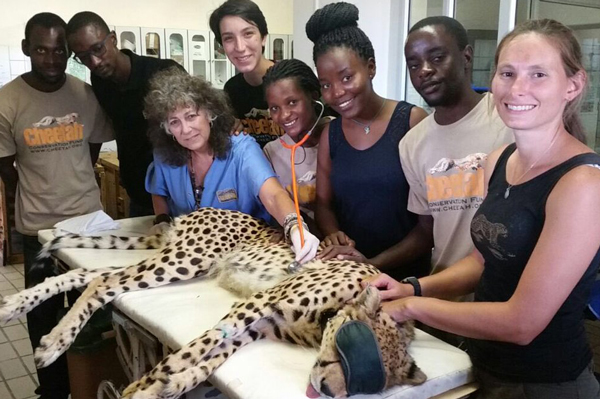
Trying to make fake news a crime is futile, there are better solutions, simply delete

Fake news has become the bane of the modern communications era. Whereas only a few years back it was rare to encounter false items distributed by public channel, it now seems to be the norm.
Perverse fake news is typically the type of spice found on YouTube and facebook, but it used to be the exception. Now it is so pervasive, I still have to meet the person who trusts anything obtained from these two platforms, unless it is ordinary, mundane or technical.
Namibia has not been spared the fake news onslaught. With last year’s elections and the fishrot scandal that exploded just prior, it has transpired that there is an active group or groups of local people whose domains are entirely based on generating fake news daily.
Only in this week, two items circulated in cyberspace that made the hair on my neck stand up. The first alleged that a prominent lawyer was arrested for complicity in the fishrot scandal while the second claimed the temporary tent school at Havanna was for sinister military purposes.
In both instances, barely a minute after I received the items on my phone, the first enquiries also arrived. “Is this true?” was the basic question asked by all. This seemingly may be an innocent question with only one intention and that is to determine the truth. But the mere fact that so many people doubted the truth of the first posts clearly reflects an underlying suspicion that whatever is circulated across social media is automatically discredited, not by the medium but by the repeated pattern of wild claims that inevitably turn out to be hogwash.
It is a sad day that the exchange of information has deteriorated to the level where all news is at risk. I would have loved to say that this is not the case in Namibia and that my fellow compatriots would never stoop so low but alas, I am wrong. The history of the past three months has proven that social hyenas are prevalent amongst my brethren and that they will pounce on any unsuspecting target.
After more than two decades of digital communication, we have become accustomed to internet and email scams. These are now so commonplace, if I do not receive at least a dozen of them per day, it is regarded to be a quiet day. But these all follow a very predictable template, and other telltale signs like mind-boggling amounts, undue fortunes, foreigners in distress, and what have you not. By now we all know the markings of a scam.
Thus it was somewhat painful when I first had to concede that the criminal element amongst us has learned well from what used to be called Nigerian scams but has in the meantime proliferated to cover all social media, and basically the entire internet.
It intrigues me what the perpetrators of fake news want to achieve. I can not find any reasonable, meaningful answer to the question why somebody would try to ruin the reputation of either an individual or an organisation, by spreading lies.
One must be realistic and come to terms with the fact that there are criminals in every society, only I did not realise there are so many in Namibia. Perhaps it is a case of pranksters just playing tricks on innocent people but when it requires slander and wild speculation to achieve this, it is nothing less than criminal.
At the end of the day the originators of fake news are paying the formal news industry a huge compliment. This may be unintentional on their side but it is to our benefit when a reader quotes an article from the Economist, not doubting its truth, and forwarding it to friends, knowing that the source is reliable.
It may be a long shot, but going by the general reaction I encounter among my family and friends, I suspect it will be only a short while until social media has killed itself. I mean, why do you have to put up with or continue participating in something that you know has been hijacked by criminals. The grief, however, is that those criminals now share my country with me.
My advice is to be careful and selective about what you allow into your mind. If it stinks, it is fake. Don’t share, don’t forward and don’t read. There is only one solution, delete immediately and block the sender. You need to do your bit to break the chain the criminals need to achieve their goals. After all, they are bargaining on your gullibility. Don’t make it easier for them.












































